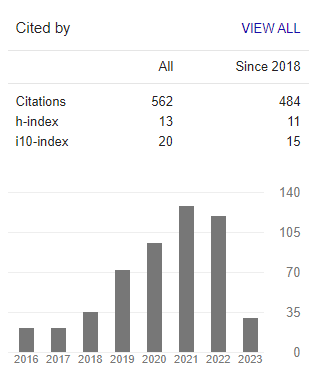CONGRUITY ANALYSIS ON GENDER AND LEADERSHIP ROLES AMONG COMMUNICATION MANAGERS IN JAKARTA
Abstract
According to the role congruity theory (Eagly & Karau, 2002), most characteristics attributed to men are categorized as agentic—assertive, confident, and powerful; while most characteristics attributed to women are communal—pleasant, likeable and trustworthy. However, agentic traits usually define leadership as men are viewed as having more leadership traits than women. Consequently, women are less likely to be approved as leaders compared to men because the male stereotype is more similar to the leader stereotype.. This research intends to find out the relationships of employees’ compliance towards male and female boss. In-depth interviews are conducted to 40 communication managers in Jakarta. Results show that the traits attributed to male managers are indeed agentic, while the traits attributed to female managers are communal. Most respondentsclaim to not have a preference between female and male managers, but eventually contradict their answers throughout the interviews. Results were analyzed using the role congruity theory. This study serves as a foundation upon which much needed research on gender discrepancies in the Indonesian workforce can be built.
Keywords: role congruity, leadership, compliance gaining, agentic, communal.
Refbacks
- There are currently no refbacks.

This work is licensed under a Creative Commons Attribution 3.0 License.
Indexed by:
Archived in:
Listed in:
INTERNATIONAL ASSOCIATION FOR MEDIA AND COMMUNICATION RESEARCH

















